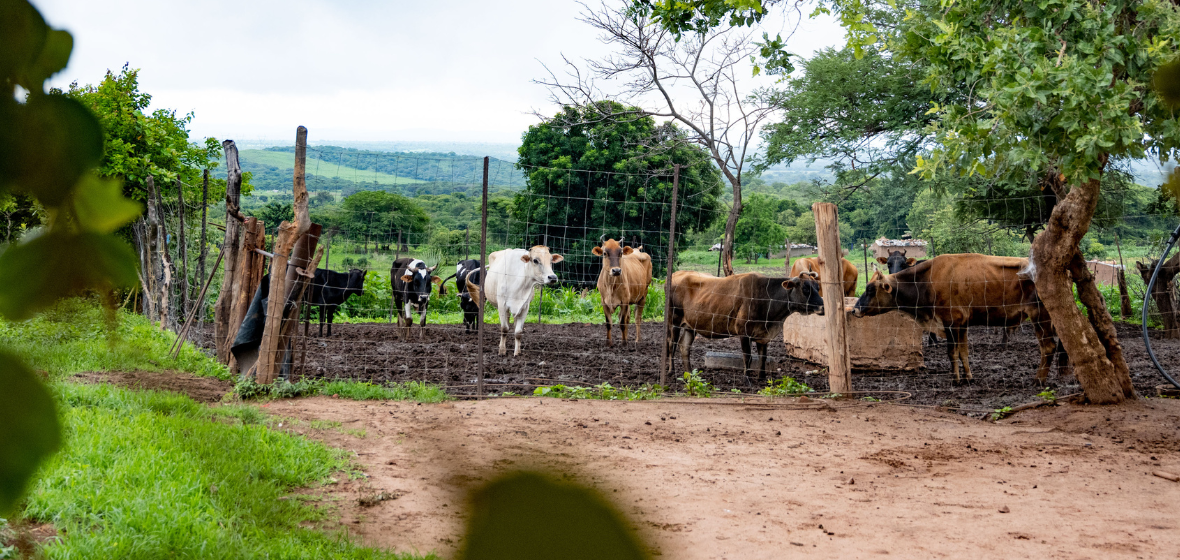
BLOGS, ARTICLES AND NEWS
Get updates directly from the CA4SH Global team and stakeholders
Refugee-led initiative fosters soil health and resilience in Uganda
The following case study is one of 20 that illustrate the Food Systems Call to Action in motion. Each story demonstrates innovative solutions and collaborative efforts across sectors, geographies, and communities, highlighting how food systems are being transformed to support people, nature, and climate. Together, these examples underscore the global momentum towards resilient, equitable, and sustainable food systems.
Op-ed: Empowering Refugees and the Vital Role of Community-Led Initiatives in Nakivale
Nakivale refugee settlement was established in 1958 and is the 8th largest refugee settlement in the world, located approximately 200 km away from Kampala, Uganda'. It is one of the oldest refugee settlements in Uganda and contains 79 individual villages.
Recently, food distribution has reduced, creating a food shortage worsened by persistent drought and soil exhaustion. Since 2023, the communities’ needs have outpaced available resources.
Mbilizi Kalombo is a young Congolese refugee living in Nakivale Refugee Settlement. He is the Executive Director and Co-Founder of KYETE BIINGI TAI NYEME - a refugee-led, community-based organization seeking to improve the lives of refugees, including by promoting sustainable soil management practices.
CA4SH Policy Webinar: Creating an Enabling Environment for Soil Health Post-COP28
CA4SH is a multi stakeholder partnership of member states, the private sector, research institutions, civil society, farmer organizations, multilateral organizations, NGOs, and more. Drawing on this wealth of knowledge, we organized the first installation of our 2024 Webinar Series: The road ahead for soil health action.
Celebrating IWD 2024: The Role of Gender in Scaling Soil Health Globally
Women and gender-diverse people around the World are a non-negotiable, indispensable part of food systems and efforts to scale soil health, globally.
For International Women’s Day 2024, we reached out to powerhouse women from across the CA4SH network who are working with NGOs, farmer cooperatives, research, public and private domains, and more, to deliver key messages on why gender inclusion is so important to scaling soil health.
Community stewards in Uganda turned their village into a forest
In the small village of Kikandwa, in the Mityana district of Uganda, villagers have transformed their landscape by sheer force of will, a commitment to healthy soils, and by working together to form the Kikandwa Environmental Association (KEA).
Leveraging digital technologies to empower women in agriculture
“Women play a critical role in the agricultural sector, comprising 43% of the agricultural labor force globally and making significant contributions to household and national food security. Despite their essential role, they face several challenges that limit their ability to adopt sustainable agricultural practices and adapt to climate change, including access to information and finance.”






